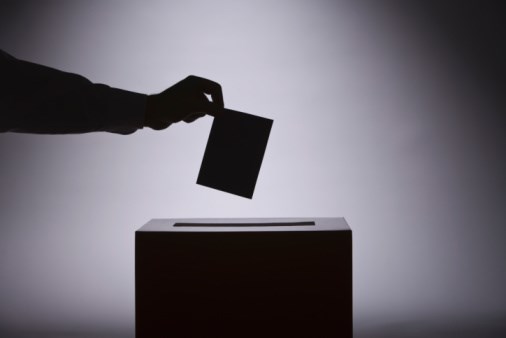Attorney General David Eby, who is at the helm of preparations for the fall referendum on electoral reform, declared himself “neutral.”
Of course he’s neutral. Whoever would doubt it? And by the way, pay no attention to the man behind the curtain.
The NDP and the Greens campaigned on electoral reform; they want it and they’re determined to get it. It should come as no surprise that the process they are developing appears to favour changing the way we vote.
While everyone will still have the opportunity to vote yea or nay, they’ll be using a flawed process to vote on what some say is a flawed system. One of the main criticisms of the current system is that a minority of votes decides the outcome. Eby proposes two ballot questions, the second of which has three options for how we vote. What if the top one gets 40 per cent of the vote? Is that not a first-past-the-post outcome?
This process has been put together too quickly, with too little chance for debate. Eby has cherry-picked input from his online public-engagement exercise. He has led a process that should been conducted at arm’s length from the government.
It’s likely to be a noisy and controversial campaign, and that’s OK.
It would be a pity, though, if the controversy focuses on the way the government handles the referendum, rather than on electoral reform itself. Eby and his colleagues could help by ensuring the process is as fair and straightforward as possible.



